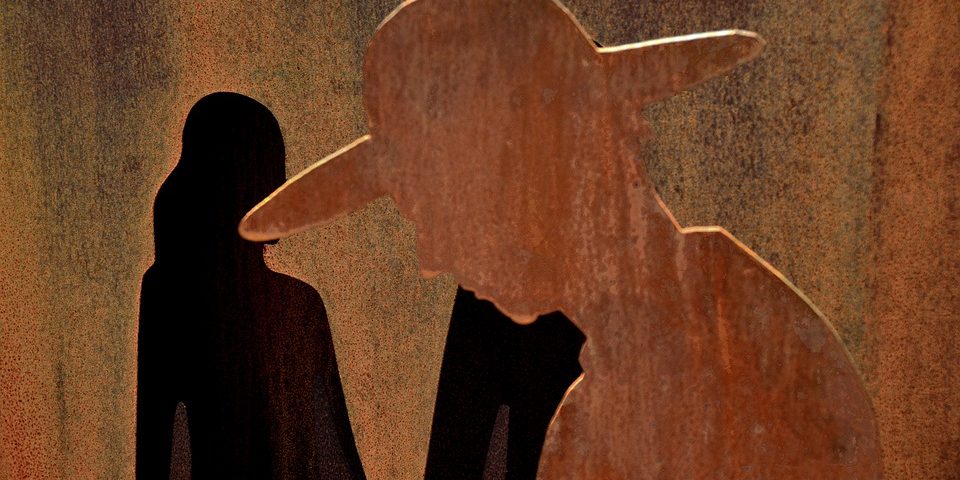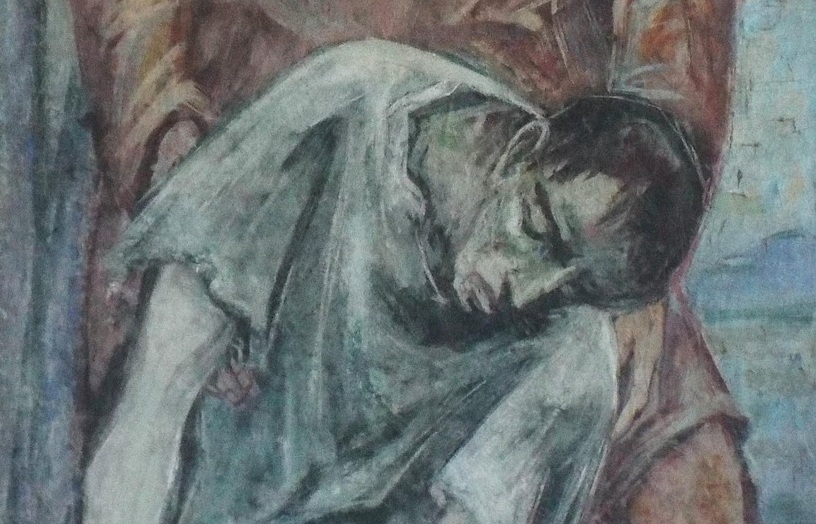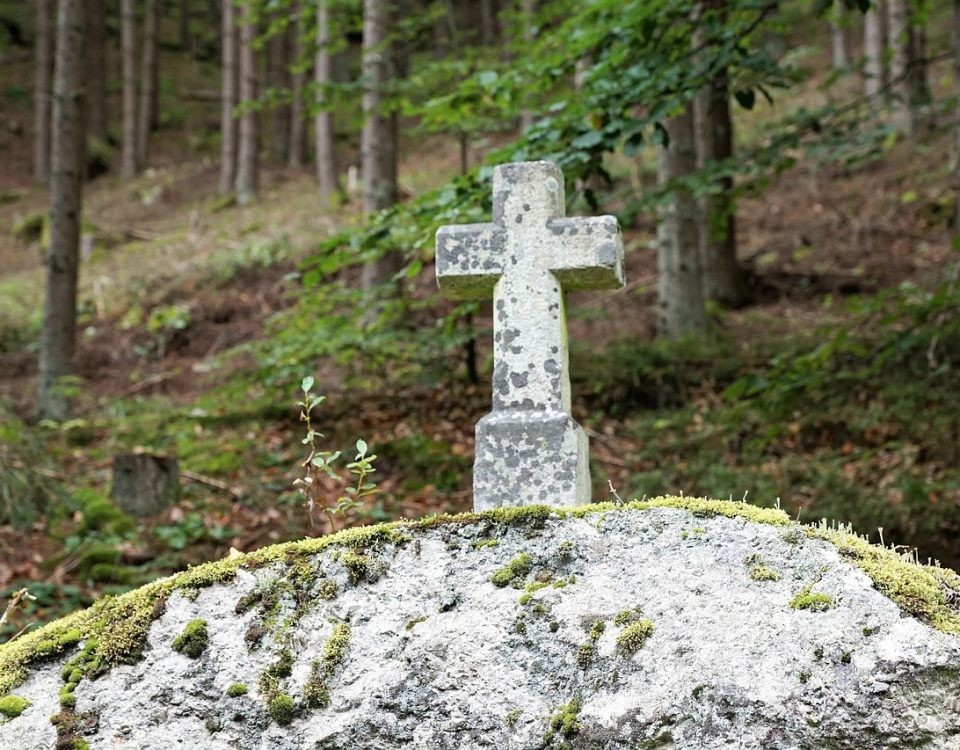It’s an image which has always haunted me, the first image of John Bunyan’s classic work, The Pilgrim’s Progress; haunting, as I said, but also strangely comforting.
If you’ve never read it, the book begins with the dream of a man who in his dream sees another man “clothed with rags…a book in his hand, and a great burden on his back.” The man in the dream opens the book and reads it, but then it says, “as he read, he wept and trembled.” And then, crying, all he says is, “What shall I do?”[1] As I said, it’s an image which I find haunting, one I’ve never quite been able to get out of my head.
It’s understandable we’re tired, many of us; exhausted, many of us, by the wear and tear of the world, the pandemic and politics of it all. There is clearly an anxiety at work among us, working like acid on our society, on our souls, on our Church even. If the world seems to be so fraught for either good or ill as either struggle or decay, at least there was the Church, good for a little peace; but now for many even that’s gone. For the solace of solitude, of silence, quiet in our own homes: for many of us even that’s been taken away, addicted as so many of us have become to the screens in our lives and in our pockets.
It’s understandable too the impulse to give up, to give up on the world, on the common good, on the Church. It’s understandable, as some have told me, the impulse to leave the Church, seeing it simply all as a pointless endeavor, a charade, just another form of human evil no different from all the other petty evils we once foolishly trusted. It’s understandable we’re tired, exhausted, like that ragged man in Bunyan’s dream asking, “What shall I do?”
But, of course, to meditate a bit upon the pilgrim in the story, the answer’s in the book he carries, which he opens and reads, and which makes him weep and tremble. It is the word of God, the scriptures, the Bible: that is his light for the journey; it’s what ensures his survival and sanity. It is what preserves his pilgrimage; it’s what keeps him going.
Perhaps you can understand why God, at the start of things, before giving his people the promised land, said, “hear the statutes and decrees which I am teaching you to observe, that you may live.”[2] Perhaps you can understand, why before entering a still hostile land, with still a lot of the journey ahead of them, God would give his people his law. It’s because, worn out already by the journey and fearful of the danger, we need the help of a wisdom greater than ourselves.
But it only works, of course, if we take God’s wisdom to heart, into our heart, as Jesus said. It is insufficient merely to know scripture, to know tradition and theology, the rituals and history of the Church; none of that alone will do you any good. Not without the wisdom of God inside your heart, that wisdom being Jesus Christ himself. That’s why the man in Bunyan’s dream read the book and then “wept and trembled,” because the words of the book entered his heart, because the word of God touched him. That’s how the Christian journey truly begins: by taking the word of God to heart, by welcoming Christ. That’s how it works; nothing else works without it.
These are the simple elements of hope: the word of God and the heart God gave you. For genuine hope, they are meant to belong together, your heart and his word. If you are weary, worn out, tired of everything, tired of the Church; if you wonder what on earth you will do, remember there is hope, there is a way, there’s light in the dark. And remember it’s easy to find, even in these dark noisy days; remember it’s a book you can hold in your hand, which you can open and read; and which will make you weep and tremble, crying tears that are good. Remember that hope is as close as your heart, which is where God wants to be, in the church you’ve made for him there, your heart consecrated to him.
Do not lose hope in anything. I haven’t. And that’s because I have seen the Lord. Because I feel him in my heart. Which is my prayer for you, that you feel him too. Amen.
[1] John Bunyan, The Pilgrim’s Progress, 51
[2] Deuteronomy 4:1
© 2021 Rev. Joshua J. Whitfield










